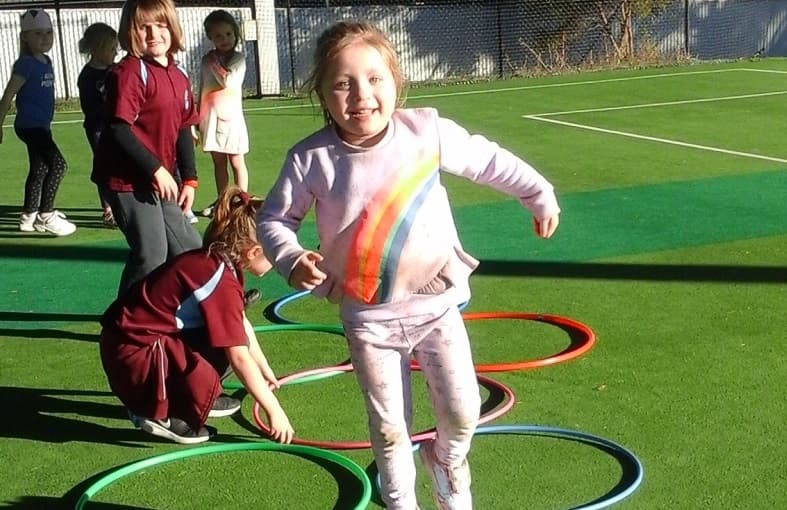Outside School Hours Care
Professional development
CP3 findings on OSHC children’s mental health to be presented at Gowrie OSHC seminar

Freya Lucas
Apr 28, 2022
Save
Findings from the first known research-based mental health and wellbeing focused program for Australian children attending Outside School Hours Care (OSHC) will be presented to educators at the Gowrie NSW OSHC Seminar, a one-day sector-based event, to be held on Saturday 30 April.
Uniting’s Connect, Promote, Protect Program (CP3) aims to build personal and community connections for primary school children by fostering social, emotional, physical, and cognitive development by providing a mental health early intervention response that Australia’s OSHC sector is currently missing, as highlighted in the recent More than ‘just convenient care’ report.The co-design of CP3 was led by The University of Sydney Brain and Mind Centre who worked with Uniting and local OSHC communities to build CP3, placing OSHC at the centre of the design process.
CP3 is the first comprehensive middle childhood wellbeing program of its kind and aims to address the breakdown of community connections and the widening gap of disadvantage which impact child wellbeing by providing co-designed activities children may not have access to that are centred on the CP3 Core Principles, namely:
- Build wellbeing and resilience
- Broaden horizons
- Inspire and engage
- Connect communities.
Professor Ian Hickie from the University of Sydney said that in the COVID-19 era, the impact of social isolation and dislocation has been particularly large on school age children.
“This unique program has the capacity to rebuild those critical connections with friends and peers beyond immediate family and get kids back on much better and healthier developmental paths,” he added.
Uniting’s CP3 Program Coordinator Kristin Ballesteros said governments, service providers, families, and communities are looking for ways to minimise the risk of developmental vulnerability and ensure that all children have the best chance of a positive early start - something she believes CP3 is well positioned to do.
With the pairing of the University’s Brain and Mind Centre’s mental health research expertise and Uniting Early Learning’s commitment to children, the CP3 team has been able to develop and test the very first OSHC specific well-being program, she added
Examples of program activities which are facilitated by a mix of community based CP3 volunteers and educators include ‘Looming with Love’ (where children raised awareness andmade hats for people experiencing homelessness) and ‘Construct a Chicken Coop’ (where children learnt about sustainability, animal care and construction skills). Each activity is uniquely tailored to the local OSHC community through co-design and actively uses CP3’s Core Principles.
“The early indicators show CP3 has positive impacts for children on the four core CP3 Principles and is highly acceptable and feasible to use in OSHC services, explained Dr Alyssa Milton, University of Sydney’s Chief Investigator on the program.
“We are now running a large evaluation of the program, to consolidate our preliminary findings and are particularly interested in having it delivered to regional NSW, especially to those vulnerable communities recovering from the impacts of our recent bushfire, floods, and COVID-19. I see CP3 as a program that has the potential to make a difference for local children at a national level,” she added.
Don’t miss a thing
Related Articles



















